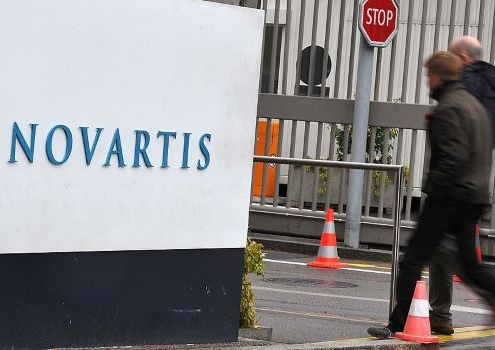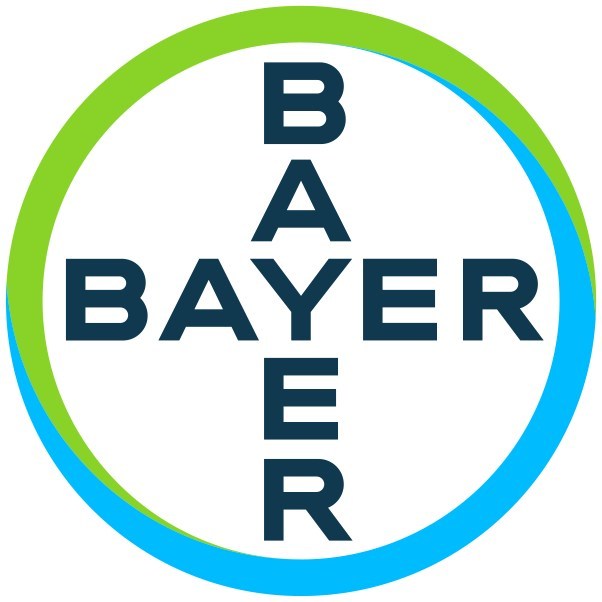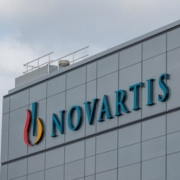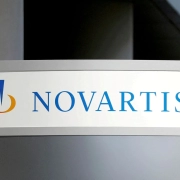Novartis axes NSCLC, liver transplant programs in Q3 report
Novartis axes NSCLC, liver transplant programs in Q3 report
Published: Oct 25, 2022
By Alex Keown
BioSpace
Novartis‘ positive-third quarter growth report Tuesday was marred slightly by several clinical setbacks that resulted in the termination of studies in liver transplant and non-small cell lung cancer.
In NSCLC, the company posted another setback with canakinumab, which was being assessed as an adjuvant. Novartis noted that canakinumab failed to meet its primary endpoint of disease-free survival in the Phase III CANOPY-A trial. As a result, Novartis noted it would discontinue the program.
Canakinumab is a human monoclonal antibody that targets interleukin-1β with high affinity and selectivity. Sold under the brand name Ilaris, it has been approved to treat cryopyrin-associated periodic syndromes and systemic juvenile idiopathic arthritis.
Despite these wins, the development program of canakinumab has also seen several clinical failures. Last year, the drug failed to meet its overall survival endpoint in the Phase III CANOPY-2 trial. In that clinical program, canakinumab was being assessed as a potential treatment for adult patients with locally advanced or metastatic NSCLC.
Months later, data from the CANOPY-1 trial showed canakinumab combined with Keytruda and chemotherapy failed to meet its OS endpoints in NSCLC.
It did, however, demonstrate potentially clinically meaningful improvements in progression-free survival and OS in pre-specified subgroups, Novartis reported at the time. This was based on the baseline inflammatory biomarker, he-CRP, and other biomarker-defined subgroups.
Liver Transplantation Study Axed
In addition to the canakinumab program, Novartis is discontinuing a liver transplantation study with iscalimab. The company noted that study data revealed iscalimab has a less favorable benefit/risk profile than the immunosuppressant drug tacrolimus.
Last year, iscalimab missed the mark in another kidney transplant study. Novartis pulled the plug on the CIRRUS-1 trial assessing iscalimab in kidney transplant patients.
The company made the decision following an interim analysis of data that suggested iscalimab was not as effective as tacrolimus at preventing organ rejection in kidney transplant patients when both were added to standard immunosuppressive therapies.
Cosentyx Pulled in Lichen Planus
Novartis is also discontinuing a study with Cosentyx. The powerhouse drug was being assessed in a Phase II trial in lichen planus, an autoimmune condition that can cause the body’s immune system to attack cells in the skin or mucus membranes, resulting in swelling and irritation in those areas.
Cosentyx failed to meet its primary endpoint at 16 weeks in the mid-stage study. Because of that, the company opted to discontinue the research.
Another Phase II study also failed to meet endpoints during the quarter. The study assessed UNR844 as a potential treatment for presbyopia, the hardening of the eye’s lens that causes an inability to focus on nearby objects. After missing its endpoints, Novartis said the trial had been discontinued.
In the third quarter, Novartis’ saw 4% global growth driven by sales of powerhouse drugs, such as Entresto, Kesimpta, Kisqali, Cosentyx and the recently-launched Pluvicto. In all, the company saw a 23% boost in quarterly revenue from its core in-market branded drugs.
In an investor call Monday morning, Novartis CEO Vas Narasimhan noted that the company’s transformation to a pure-play innovative medicines company remains on track.
“We remain confident in this pure-play strategy,” he said.
Narasimhan also pointed to the spin-off its generics unit Sandoz into a standalone company. He said the business unit posted positive growth for the fourth consecutive quarter, with a 5% increase in revenue.
Source: BioSpace











